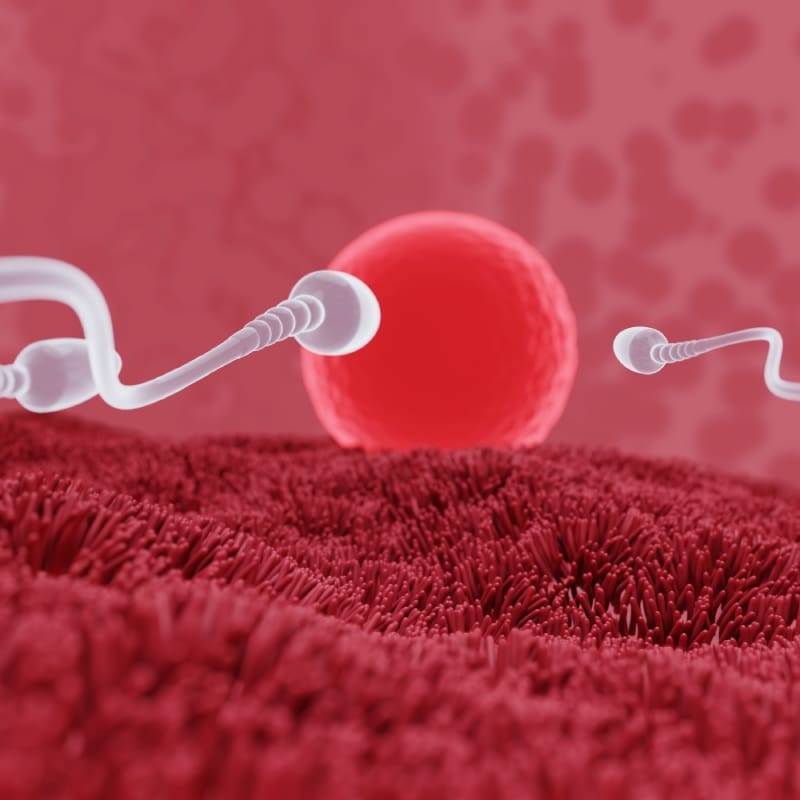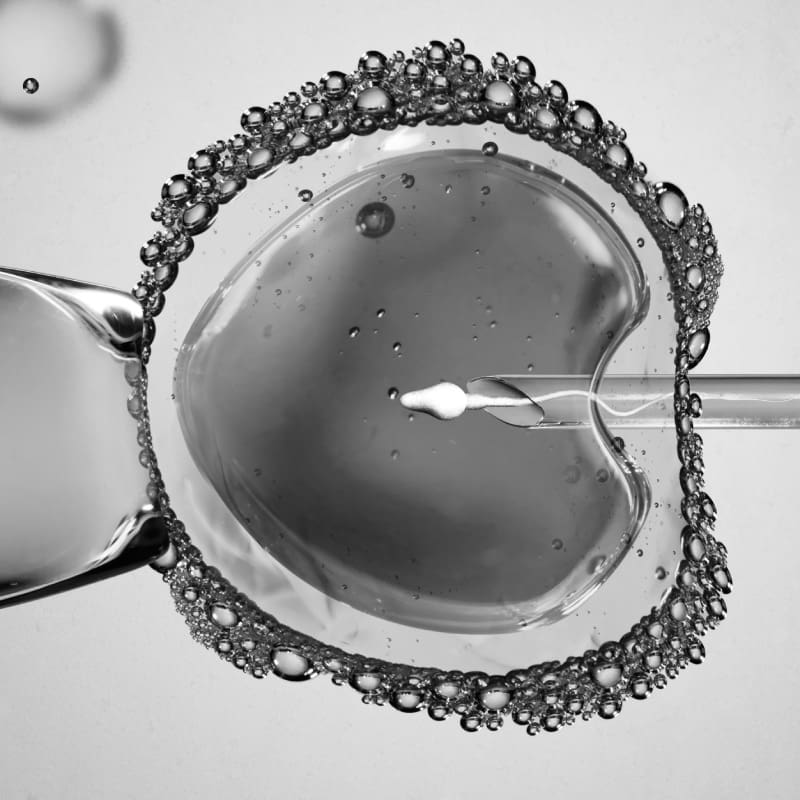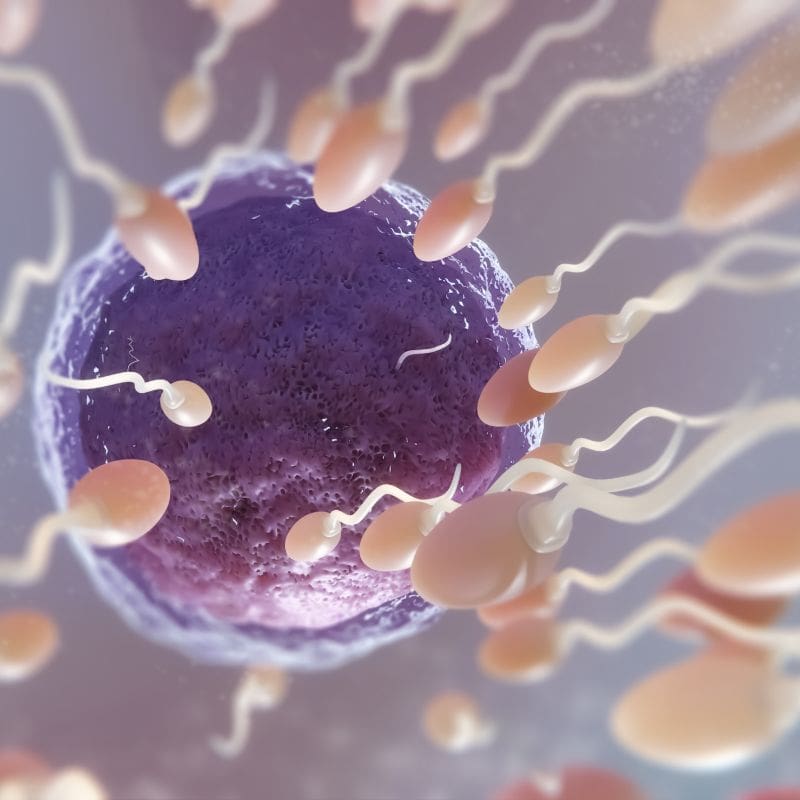Treatments

All Fertility treatments are possible
(including sperm donation.)
Your initial consultation
Deciding to consult a reproductive gynecologist (also known as a infertility specialist) is an important milestone in your steps towards parenting. Below you will find an idea of what you can expect during your initial consultation, as well as useful tips and a patient checklist
to help you prepare.
What to expect from your initial consultation
Since everyones experience is unique, it is useful to know what you can expect during your first consultation. On arrival, you will be seated in the waiting room awaiting the doctor. Next you will go to the doctor where you will have plenty of time for a first extended conversation.
The preliminary examination
Before the actual start of a fertility treatment, it is important to gain a clear insight into the physical and hormonal background of the patients. Thus, all kinds of data are collected and this is done through preliminary investigations. Your doctor will review your medical history and discuss your goals. Based on your history, age and how you want to be treated, your doctor will suggest a number of diagnostic routine tests to evaluate both partners. Routine tests are recommended to evaluate the main aspects of fertility: eggs, sperm, structures such as fallopian tubes and uterus, as well as the hormone levels of one or both partners.
For example, the patient and partner will be subjected to a few blood tests, the male partner will be asked to produce a sperm sample, in which the number of sperm present in the semen, their motility and form will be examined. The patient will also be subjected to a vaginal ultrasound examination to see what the uterus and ovaries look like right now. During the first consultation the doctor will discuss and decide which specific tests are necessary. The results of these tests will help your doctor formulate the type of procedure that will give you the best chance of achieving a successful pregnancy. On the day of your first consultation you will also meet your midwife who will help to implement the doctors recommendations. Other discussions may also take place depending on your individual needs.
Useful tips for your initial consultation
Providing your doctor with a complete and accurate history will improve your chances of success. Include any recent reports of previous fertility treatments, prior gynecological procedures, etc. If possible, you can forward this information before by mail.
Bring your agenda for evaluation. If you have any holiday plans or work commitments, legal data, homemade arrangements or other arrangements that can not be reviewed and/or modified, it is best to know this in advance in order to be able to plan the diagnostic tests and treatment as accurate as possible.
During your consultation you will receive a lot of information. Feel free to take notes, ask
questions and know that it is always good (even encouraged) to call or email us with
follow-up questions.
It is also useful to prepare the necessary information and/or questions for the doctor.
Please remember that you will set the rate of treatment. If a recommended treatment is too invasive or financially too arduously – or not focused enough to meet your needs, feel free to report this to the doctor; finally, you decide on your choice.
Comments on the emotional aspect of the start of treatment:
We fully understand that when you come to consultation, you may have been preoccupied with infertility for months or even years. It is a big step to start the process of evaluation and treatment; therefore your first visit is also a very important day for us. It is also not uncommon to be excited and hopeful in anticipation of pregnancy, while at the same time being nervous as you do not know what to expect or fear that the treatment will not have the expected outcome.
Fertility treatments can affect work plans, holiday plans, finance, marriages, families and can even affect your self-esteem. In all these cases we would also like to provide you with the necessary support and/or find the right solutions for you.
In cases of logistical, emotional, financial or medical obstacles that could cause delays or changes in your treatment plan, we aim to meet your individual needs as needed. Do not hesitate to ask questions, take your time and let us know your concerns. We are committed to take the necessary steps together and will do everything possible to make
your treatment successful.
Guidance
Once the preliminary tests and examinations are done and all results are known, which treatment offers the patient the most guarantee of success can be discussed. A treatment plan will then be drawn up in consultation with the doctor. Once a plan has been made, the actual fertility treatment can start. Additional time will be taken to explain the entire course
to the patients. All practical information about the treatment will be discussed. The starting procedure of the treatment will be a blood test. The specific timing when these tests will be performed will also be explained during this session. Of course some medication is required during a fertility treatment. Which medication the patient should use and how it needs to
be taken will be explained by the doctor.
In addition, during this consultation, the legal and financial aspects are clearly taken into account, the consent forms for the treatment are signed and the actual treatment can start.
Monitoring
During the treatment, blood tests and ultrasounds will take place on a regular basis. Based on this, your cycle will be followed up and the instructions for the further course of your treatment will also be communicated. Each time an important step has to be taken, the patient will be informed of this in a timely manner.
Therefore, if something is not completely clear or if there are still questions remaining, the monitoring can be used to help the patient at any time.

Ontwerp je toekomst met BelgiumIVF
Types of treatments

Intra Uterine Insemination (IUI)
The first form of fertility treatment is the intra uterine (IUI) or artificial insemination (AI). The purpose of this treatment is to get the sperm as close as possible to the egg, at the time of ovulation. This treatment can be performed with the sperm of the partner or with sperm of a donor.
This treatment can be performed in a natural cycle as well as an artificial one in which some extra stimulation is used.
IVF — ICSI
In contrast to the natural way of conceiving, in this treatment the fertilization does not occur inside the human body itself, but in the laboratory. Here it is important to know that the natural cycle of the woman is replaced by an artificial version. In order to obtain as many ripe follicles as possible, and thus wise collect as many oocytes as possible, the ovaries are being extra stimulated. During this process the cycle is closely monitored by means of blood sampling and ultrasound. If then appears that there are enough ripe follicles and the patient is ready, the egg retrieval takes place. After inducing an artificial ovulation, the ripe eggs can be collected. When this procedure is done, it is all up to the laboratory. Here the oocytes and the sperm cells are brought together.
Sometimes another technique is used, namely ICSI (Intracytoplasmic Sperm Injection). Hereby a single sperm cell is injected directly into the oocyte, to ensure that an embryo is formed.


Egg acceptance
Couples or women who are choosing to make their wish of becoming pregnant come true by donation will be able to do this by choosing between two types of donation. For anonymous donation their is actually no waiting list. A match will be made, taking into account the external characteristics of the wishing mother and or father. When the treatment has started and the stimulation of the donor is complete, the recipient’s man can supply a sperm sample and the fertilisation can take place. While the donor is being stimulated to produce eggs, the womb of the recipient patient is also being prepared to accept the embryo. When it is ready for a possible implantation, the embryotransfer will take place and hopefully lead to a pregnancy.
